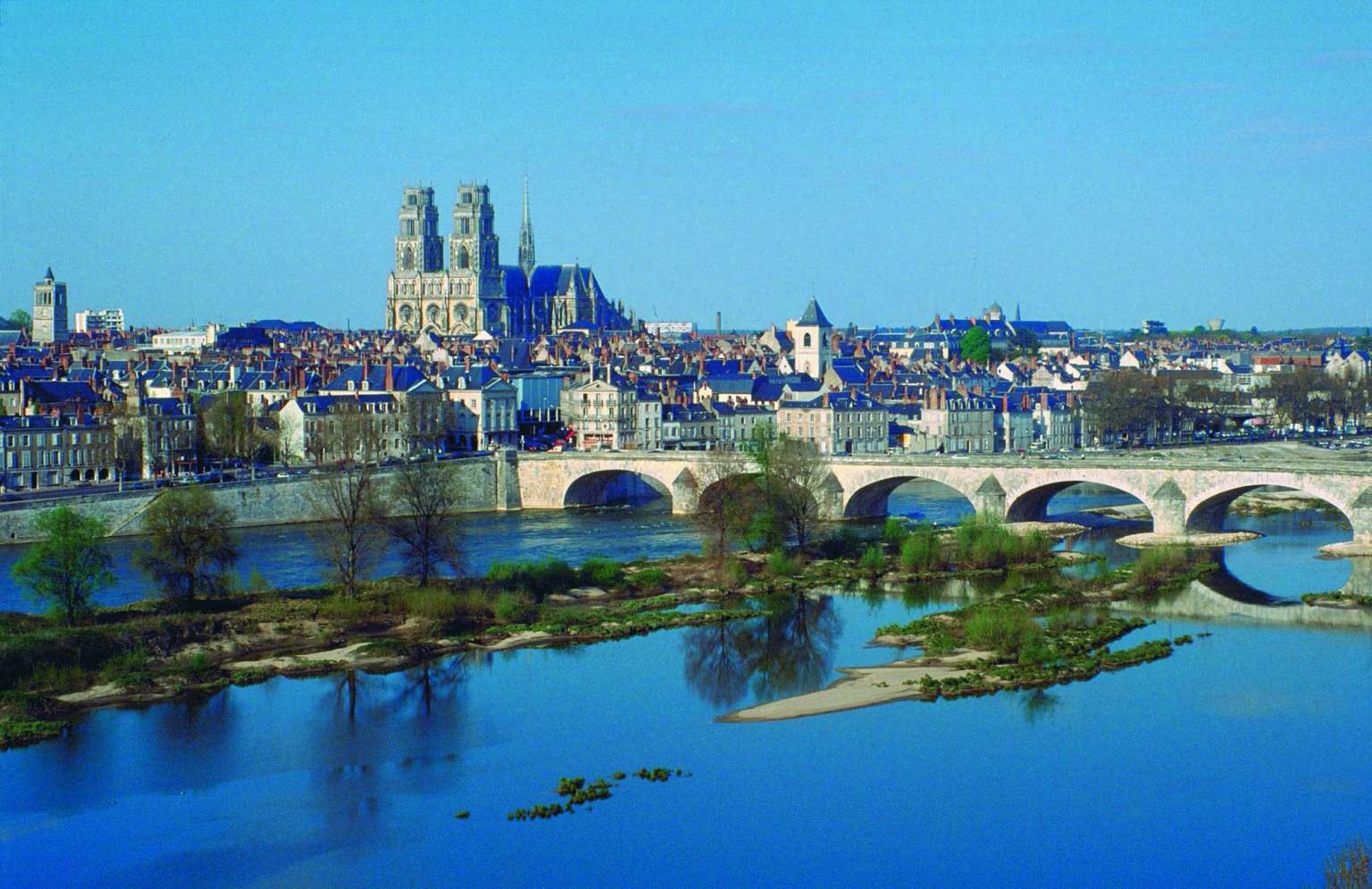Briony, Erin, Lauren, Natalie, Brooke and I, set off from Edinburgh airport early in the morning on Sunday the 11th of March. Aside from our luggage being too heavy, having to pay a significant fine and rushing through the airport to make our flight, we arrived in Paris at the Charles de Gaulle airport successfully. We met our mini-bus driver Francois, who was holding up a sign for us, and he drove us to Orléans which took around one hour. We were all relatively quiet in the bus, probably due to tiredness and nerves of what was ahead of us. The language barrier was already becoming clear, even after 1 hour, as we had to converse with Francois about directions to Orléans. Despite this we all made it to the train station where we were met by our host Nina. Brooke and Natalie set off to Blois, which is where they are doing their teaching placements, and Nina drove us the rest of us to our accommodation at ESPE Loire Valley. She showed us to our rooms in the halls, where other French and international students stay too. We met a couple of Irish girls in the kitchen which was a relief as I knew we would be able to talk to them with no language issues. We were then left to settle in and get our bearings of the city we would be staying in for the next 6 weeks.


On Monday, we were shown around the town centre by Nina, who showed us the important parts of Orléans and helped us to get our bus passes sorted out for getting to our placement schools the next day. None of us speak French very well, so walking around and talking to people was a good way of easing us into speaking the language. We then went to the other teacher training centre in Orléans, where we met a woman called Claudié, who spoke to us in French which, again, was a shock to us all but I felt this helped us to recall some of the French vocabulary we would need to be using in our schools. She introduced us to the French Education system and certain aspects that were important to know about before placement. There were some important differences in the education systems of France and Scotland which I will highlight:
The main features of the French education system are:
- The schools are mostly public
- They are free for all
- It is compulsory for all from ages 6 to 16.
- They are “laïque” (secular).
- Nursery in France is called “Maternelle” and is in ‘Cycle 1’
- Early years is called ‘Cycle 2’, which consists of CP (age 6), CE1 (age 7) and CE2 (age 8).
- The middle and upper stages are part of ‘Cycle 3’, which is CM1 (age 9) and CM2 (age 10/11).
- ‘Cycle 4’ in the French system is collège which children attend from the ages of 12 to 15.
- From 15 to 18, children attend Le Lycée.
Laïcité
This is a concept that we were introduced to by Claudie which she said was particularly important in French schools.
“Laïcité” cannot be directly translated in English. Due to this, there are difficulties for French people when trying to explain to people from other European countries, and particularly from Britain, what “Laïcite” actually means.
A law was voted in over 100 years ago in 1905, where there was the separation of the state and the church. However, the secularization of French State schools had started long before the 1905 law. In 1881 primary education in France was already free and compulsory for those aged 6 to 13 and already “laïque”, with no religious education being taught. And today, any show, by clothing, badges, speech or in writing, of religious beliefs or political opinions is strictly forbidden. This is agreed in order to avoid any religious opinion being expressed, but mainly to show that everyone is equal and we can live together and respect each other, whatever our differences are.
Today, the basic principles of “laïcite” and of the separation of Church and State are well established and understood in France. The different faiths recognise that by having this law in place, they have the freedom to practise their religion, which in France is considered a strictly private thing. It took centuries and a lot of terrible struggles to get to this point in French society.
Few countries in the world have adopted the principle of a secular state, but there are some examples: for example, Mexico, a country almost exclusively Roman Catholic, and to a certain extent, Turkey, a Muslim country. Yet some Christian groups in the United States disagree with this type of state and it is seen as controversial.
S, Writer. 2018 La France : un état laïque, French Entrée. Available at: https://www.frenchentree.com/living-in-france/culture/la-france-un-etat-laique/

